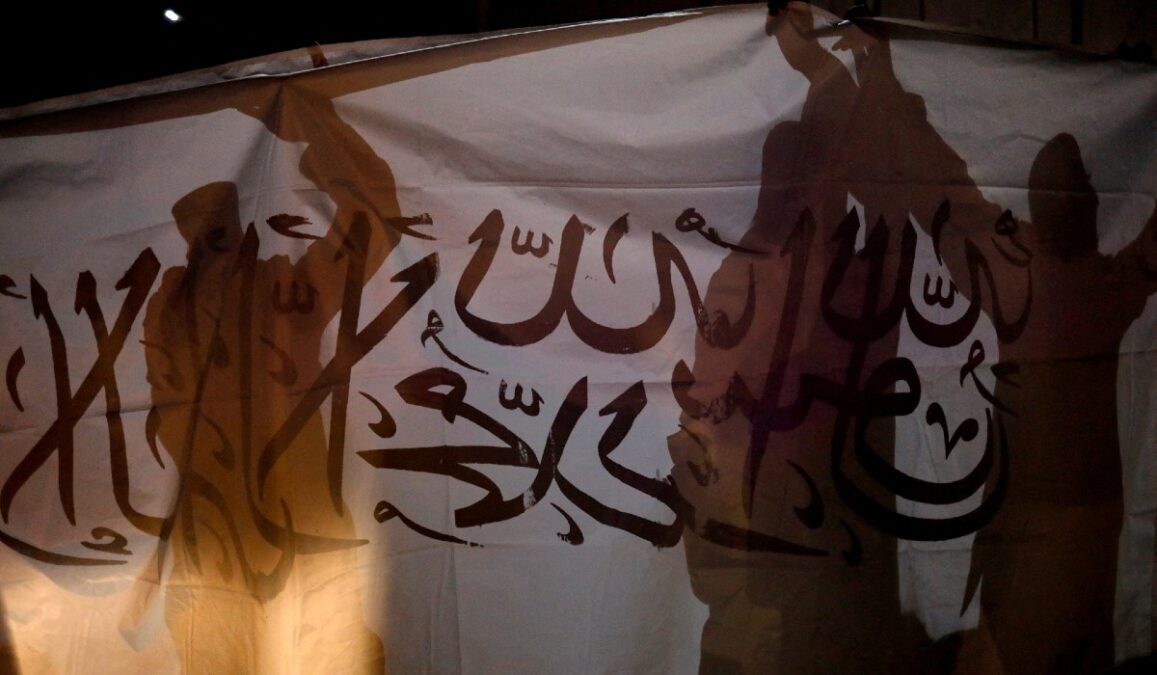KABUL, Afghanistan — Over the past month, Taliban has announced changes in the leadership of nine public institutions. However, no new individuals have been brought into their ranks, according to statements released by Taliban spokesman Zabihullah Mujahid. Instead, existing Taliban officials have been reassigned to different positions.
One notable change is the removal of Qalandar Ebad, the acting Minister of Public Health, by order of Taliban leader Hibatullah Akhundzada. Ebad’s successor also comes from within the Taliban’s ranks and is not a new appointment.
In this report, there is a look at two most recent lists of appointments within Taliban-controlled institutions, as released by the Taliban spokesman.
Over a span of 25 days, the Taliban reported changes in the leadership of nine key positions. For example, Abdul Ahad Fazli, the Taliban governor of Samangan, was reassigned as the governor of Faryab, while Shoaib Rasalat, the governor of Faryab, was reassigned to Samangan. This indicates a simple exchange of positions rather than new appointments.
In another example, Mohammad Sadiq Inquilabi, the district governor of Gereshk, was appointed as the deputy governor of Kandahar, while Hayatullah Mubarak, the deputy governor of Kandahar, was appointed as the district governor of Gereshk.
The Taliban also announced that, by order of their leader, Bismillah Abdullah, the governor of Khost, was appointed as the administrative deputy of the General Directorate of Intelligence. Abdul Qayum Ruhani, the deputy governor of Nimroz, was appointed as the governor of Khost. Additionally, Rahmatullah Najib, who previously served as the administrative deputy of the General Directorate of Intelligence, was appointed as the deputy minister of the interior, while Noor Jalal, the deputy minister of the interior, was appointed as the acting Minister of Public Health.
The Taliban have not disclosed whether Qalandar Ebad, the previous health minister, has been assigned to a new position.
This reshuffling is part of a broader trend in which the Taliban have made 37 leadership changes from September 20 to June 1 of the current year, with 35 of these involving reassignment within existing ranks.
Talibans insist that their appointments are based on merit and that their cabinet is inclusive. However, a study by the Middle East Institute found that no women are present in the Taliban cabinet, and 891 out of 1,137 Taliban officials are from a single ethnic group.
Citizens have criticized the Taliban’s governance as exclusionary, with positions reserved primarily for Taliban members. “The Taliban’s framework is solely Taliban-centric, leaving no room for ordinary citizens or non-Taliban individuals,” said Zahra, a resident of Kabul.
Maryam, another Kabul resident, echoed this sentiment, underscoring the lack of inclusivity in Taliban appointments.
Despite these claims of inclusivity, the reality of the Taliban’s governance structure remains starkly homogeneous and isolated from broader Afghan society.





